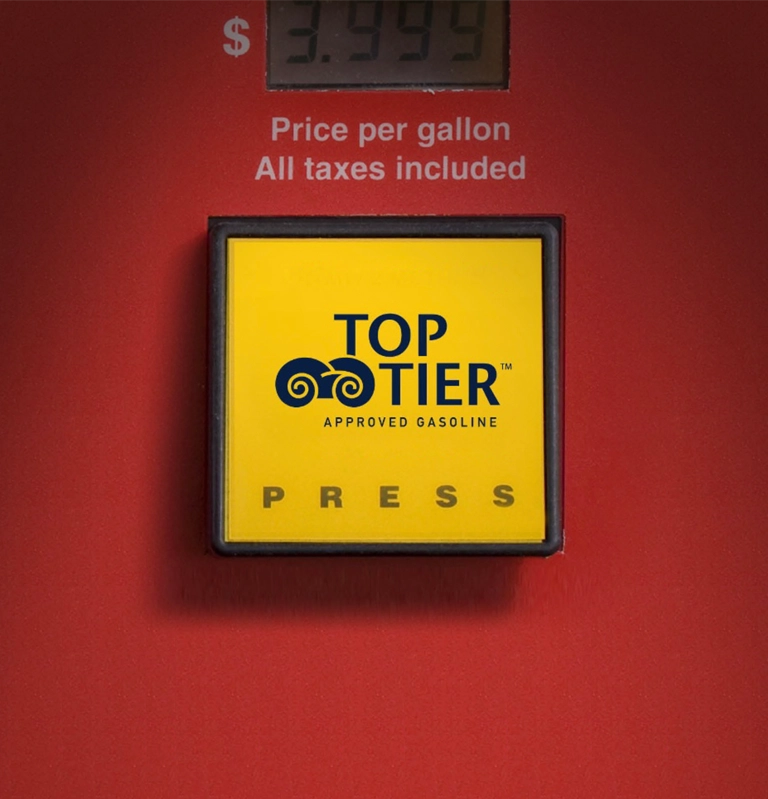Top Tier Plus fuel is coming in 2025 with new standards for our direct injected engines. I live near several regional refineries and it’s still not available.
It appears a coalition of auto manufacturers have agreed on new testing requirements for direct injected engines, but there is no mention of the chemistry fuel marketers will use to meet the new standards.
Is anyone using Top Tier Plus gas or aware of what is different between Top Tier and Top Tier Plus? Thanks
There is a new logo we may see at the gas pump.
![Image]()
It appears a coalition of auto manufacturers have agreed on new testing requirements for direct injected engines, but there is no mention of the chemistry fuel marketers will use to meet the new standards.
Is anyone using Top Tier Plus gas or aware of what is different between Top Tier and Top Tier Plus? Thanks
There is a new logo we may see at the gas pump.






